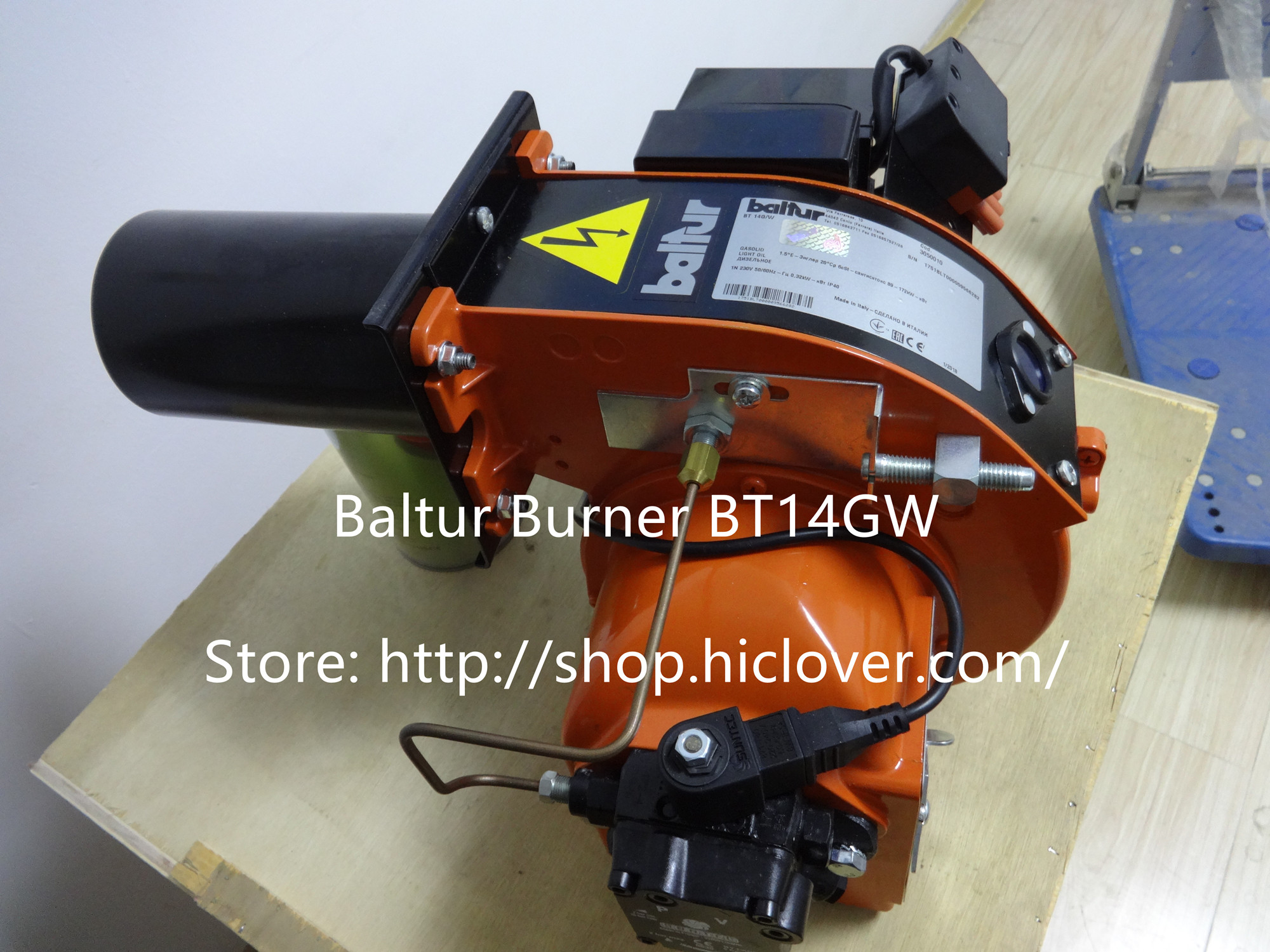Incinerators are an important part of waste management, particularly for industries and municipalities. They allow for the safe and efficient disposal of waste materials through the process of combustion. If you are interested in starting and operating an incinerator, whether for personal or business use, it’s important to have a thorough understanding of how they work and what is required to operate them safely and effectively.
Here is a beginner’s guide to starting and operating an incinerator:
1. Understand the regulations: Before you even consider starting an incinerator, it’s important to familiarize yourself with the regulations and laws that govern the operation of these facilities. Environmental regulations, air quality standards, and waste management laws all play a role in how incinerators are allowed to operate. Make sure that you are in compliance with all applicable regulations before moving forward.
2. Select the right location: The location of your incinerator is crucial. You will need to ensure that it is placed in an area that is compliant with local zoning laws and regulations. Additionally, consider factors such as access to utilities, proximity to residential areas, and environmental impact when choosing a location for your incinerator.
3. Obtain the necessary permits: Once you have selected a location for your incinerator, you will need to obtain the necessary permits and approvals from local and state regulatory agencies. This may involve a lengthy application and review process, so be sure to start the permitting process well in advance of when you plan to begin operating the incinerator.
4. Invest in the right equipment: The type of waste you plan to incinerate will determine the type of equipment you will need. There are different types of incinerators for different types of waste, including solid waste, medical waste, and hazardous waste. Make sure you invest in the right equipment for the type of waste you will be incinerating.
5. Train staff: Operating an incinerator requires specialized knowledge and training. Make sure that your staff is properly trained in the operation of the incinerator, as well as in safety protocols and emergency procedures.
6. Monitor emissions: One of the most important aspects of operating an incinerator is monitoring emissions. Incinerators can produce a variety of pollutants, including particulate matter, heavy metals, and dioxins. It’s crucial to have systems in place to monitor and control these emissions to ensure that the incinerator is operating within acceptable limits.
7. Maintain the facility: Regular maintenance is crucial to the safe and efficient operation of an incinerator. Make sure that all equipment is regularly inspected and serviced, and that any issues or malfunctions are addressed promptly.
Starting and operating an incinerator is a complex process that requires careful planning, adherence to regulations, and ongoing vigilance to ensure safe and efficient operation. If you are considering starting an incinerator, be sure to do thorough research and seek expert guidance to ensure that you are in compliance with all regulations and best practices.



